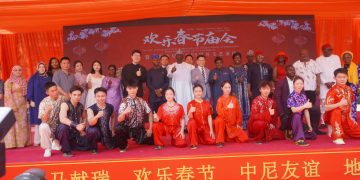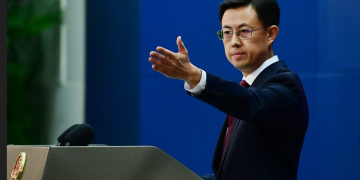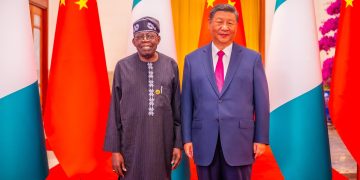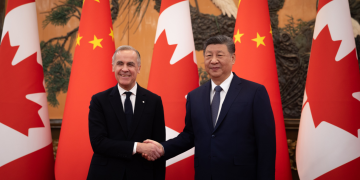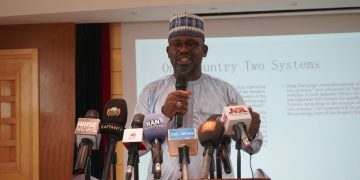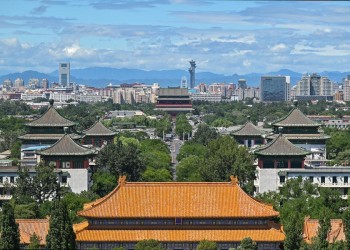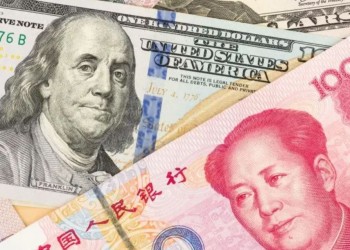China has been taking substantial steps to improve human rights by adopting a holistic perspective, a scholar has said.
China has been acting with a historical, political, economic and social consciousness when considering human rights, Baris Doster, a scholar with the Istanbul-based Marmara University, told Xinhua in a recent interview.
China’s approach works because “understanding human rights that only exist as theoretical arguments on paper would be limited,” Doster said.
He believes that human rights can be improved by balancing economic development and social equity.
“If a country recognizes and internalizes human rights through its genuine efforts, in parallel with its development, industrialization and progress, then human rights can find a solid foundation, as is happening in China,” Doster said.
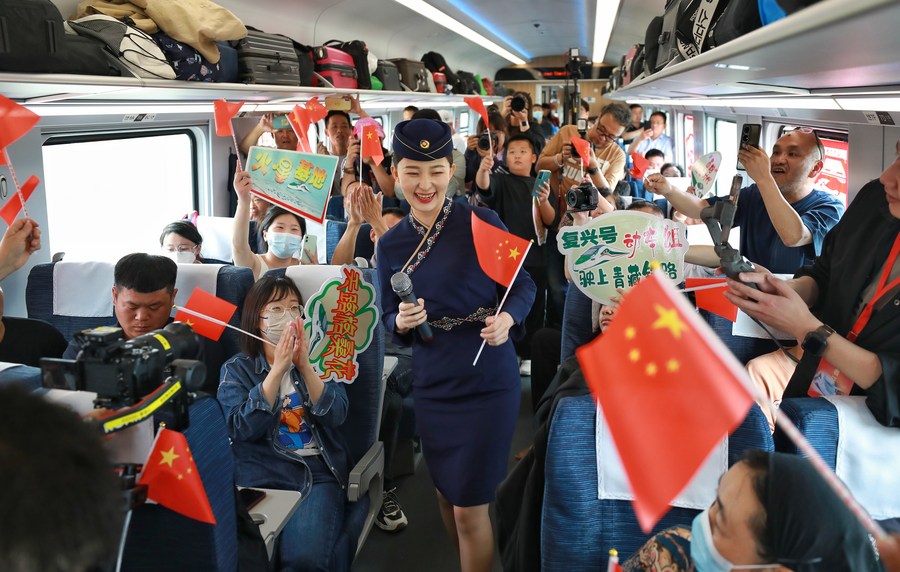
Without a holistic view, “the gap between the developed and underdeveloped, between rich and poor, deepens and becomes unbearable” as in some developed countries, he added.
The scholar said disadvantaged communities in “developed Western countries” experienced considerable difficulties in accessing health and education services during the COVID-19 pandemic.
These countries have been abusing the concept of human rights as a pretext for interfering in the internal affairs of others, he said.
While improving its own human rights and safeguarding itself against external intervention, China has been actively helping with the socioeconomic progress of the Global South through investments and aid, which is “priceless in raising awareness of human rights in these countries,” Doster said.
He also underscored China’s productive role over the years in global human rights governance, including the human rights affairs of the United Nations.

